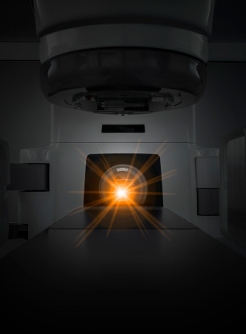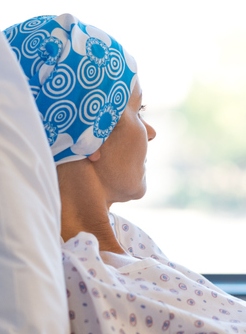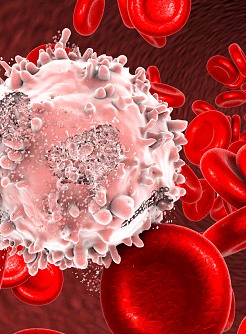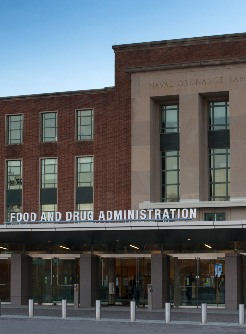FDA Approves Indication for Pembrolizumab in Patients with Relapsed/Refractory Classical Hodgkin Lymphoma
By Adam Hochron
October 27, 2020
The FDA has approved an expanded indication for Pembrolizumab as a monotherapy to treat relapsed or refractory classical Hodgkin Lymphoma (cHL).
The approval follows results from the phase 3 KEYNOTE-204 trial which showed the treatment “significantly reduced the risk of disease progression or death” by 35% (HR=0.65 [95%CI, 0.48-0.88; p<0.0027]) compared to brentuximab vedotin (BV), according to a release from the manufacturer. The trial included 304 patients with relapsed or refractory disease after at least one multi-agent chemotherapy regimen, with treatment continuing “until unacceptable toxicity, documented disease progression, or a maximum of 35 cycles,” up to two years, according to the release. 
There was also benefit seen in median progression-free survival, with 13.2 months (95% CI, 10.9-19.4) in the pembrolizumab arm, compared to 8.3 months in the BV arm.
“An estimated 8,500 patients in the US, many of them 40 years of age or younger, will be diagnosed with cHL this year,” Vicki Goodman, MD, vice president, clinical research, Merck Research Laboratories, said in the release. “Now, patients with cHL who progress after frontline therapy have a new option in [Pembrolizumab], which has demonstrated a clinically meaningful improvement in progression-free survival compared to brentuximab vendotin.”
In addition, the FDA also approved an updated pediatric indication for children with refractory cHL or cHL that relapsed after two or more lines of therapy.
The release noted that immune-mediated adverse reactions can occur with pembrolizumab. These reactions can be serious or fatal, with the most common including pneumonitis, colitis, and hepatitis. Severe or life-threatening infusion-related reactions have also been reported with the treatment.
Fourteen percent of patients enrolled in the KEYNOTE-204 trial discontinued treatment with pembrolizumab due to an adverse reaction, with 7% discontinuing due to pneumonitis. The most common adverse reactions reported during the trial included respiratory tract infection, musculoskeletal pain, and diarrhea.
Pembrolizumab was previously approved for adult and pediatric patients with refractory cHL, or those who have relapsed after three or more prior lines of therapy.
















.jpg)





.jpg)






.jpg)
.jpg)
.jpg)
.jpg)
.jpg)
.jpg)
.jpg)

.jpg)
.jpg)